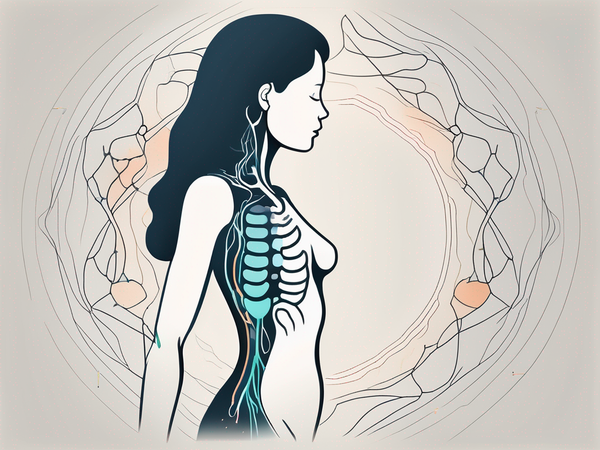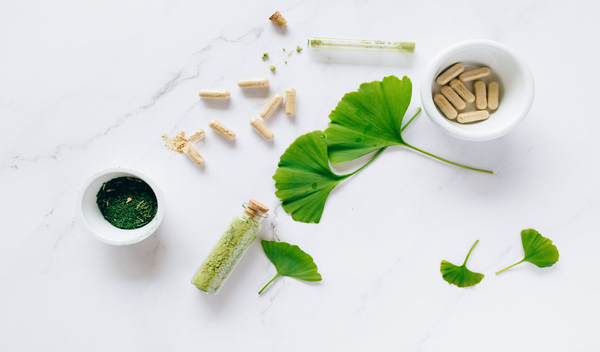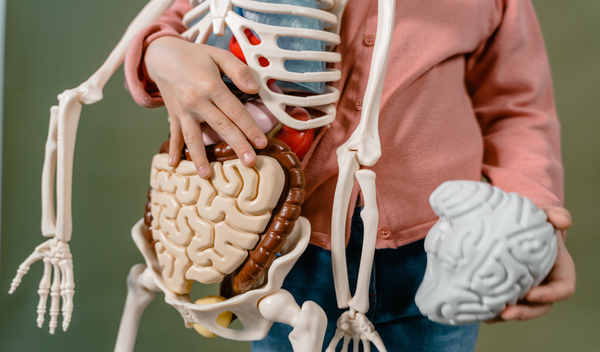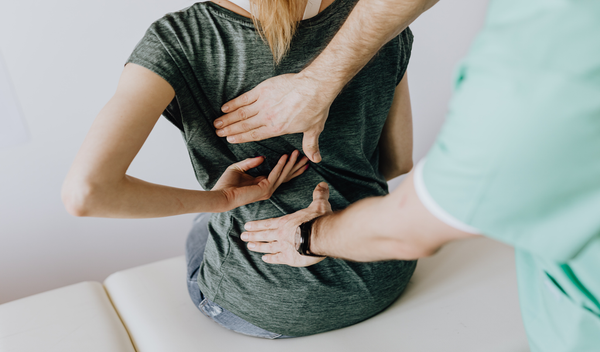Bones are the stilts on which the health of the body rests. Their strength is essential to ensure optimal functionality, structure and protection of all vital organs. The agility of our muscles depends on the strong foundation of skeletal structure, enabling a healthy and active lifestyle. They are the body's reservoir of the essential mineral –calcium that is needed to build bone mass and keep conditions like osteoporosis at bay.
However as we age our bone mass begins depleting, making the bones weak and brittle, increasing the risk of fractures. There are multiple factors like poor nutrition, sedentary lifestyle, hormonal imbalance, tobacco and alcohol consumption that diminish bone density. In women, bone loss increases dramatically at menopause, thus the required daily intake of nourishment also increases at this stage. In men also, low levels of testosterone in advancing age leads to bone loss.
Hence it is vital to maintain bone health at all stages of life, ensuring the body gets adequate amounts of dietary calcium and bone strengthening exercises for strong healthy bone mass. There are a few daily healthy practices that can help one maintain bone health and remain physically strong. Let’s look at them in great detail below.
5 ways to improve Bone Health
Here are 5 ways to improve bone health.
1. Intake of Calcium rich diet
Calcium is the main component of our bones. Although abundantly found in the body, calcium cannot be produced by the body on its own. However, it can be absorbed from the foods we eat. Calcium combines with other minerals, (like phosphorus) to form calcium-phosphate, which forms hard crystals that impart structure and strength to bones.
As per research, to meet the current Recommended Dietary Allowance (RDA) of calcium, women between the ages of 18 and 50 and men between the ages of 18 and 70 need 1,000 milligrams (mg) of calcium. Consuming a diet, which is poor in calcium, will lead to weak bones and an early onset of osteoporosis, which reduces bone mineral density (BMD). Usually, it is asymptomatic at the beginning, which explains why it remains undetected until a fracture occurs. Thus it is essential to include calcium-rich foods like milk, cheese, hard cheese that can provide 1 g of calcium per 100 g, yogurt, kale, apricots, and fortified cereals, in your daily diets.
2. Vitamin D to boost Calcium Absorption
Vitamin D, also known as the ‘Sunshine Vitamin’, is an essential nutrient that helps our body absorb calcium needed to keep bones healthy and strong. Since Vitamin D is not produced within the body, one must consume it from food sources and sunlight. Research shows that only 10–15% of dietary calcium and about 60% of phosphorus are absorbed without vitamin D. Vitamin D sufficiency enhances calcium and phosphorus absorption by 30–40% and 80%, respectively. Vitamin D deficiency leads to decreased bone mass density and skeletal deformities.
The RDA for vitamin D established by the Institute of Medicine is 600 international units per day until 70. The recommendation increases to 800 IUs a day for adults who are 71-years-old and above.
Vitamin D is not found naturally in many foods. Few good sources of this nutrient include mushrooms grown in sunlight, eggs, and fatty fish such as salmon, mackerel, and sardines. Since Vitamin D is not available in its bioactive form, consuming fortified foods such as milk and cereals is essential. Your body also makes vitamin D when direct sunlight converts a chemical in your skin into an active form of the vitamin (calciferol) that improves calcium absorption.
3. Strengthen bones with Exercise
Get up and get going! The best way to keep your bone foundation strong is to lead an active lifestyle that includes daily exercises like walking, jogging, skipping, doing aerobics, and resistance exercises. Physical exercise is considered an effective means to stimulate an increase in bone density. Studies have shown that weight-bearing activities like dancing can help prevent bone loss and osteoporosis, so put on your dancing shoes and sway your way to stronger bones.
4. Quit Unhealthy Habits
Research has thrown light on the adverse effects of alcohol consumption and smoking on bone health. Smoking contributes to bone loss and fracture probably by interfering with estrogens, calcium, and vitamin D in the body. Smoking reduces the blood supply to the bones and many other body tissues. The nicotine in cigarettes slows the production of bone-producing cells, called osteoblasts, thus weakening the bones. Likewise, regularly having more than one alcoholic drink a day for women or two alcoholic beverages a day for men may increase the risk of osteoporosis. To simply put, the sooner you bid goodbye to these vices, the better it shall be for the health of your bones!
5. Fill the gaps with Supplements
Many environmental, physiological, and lifestyle factors can pose dangerous threats to bone health. Poor nutrition and diet with inadequate Calcium, Vitamin D, and other minerals essential for bone mass building and preservation are significant reasons for weak bones. Hence, our body must be supplemented with adequate nutrients that help maintain bone health. Monitoring bone health status and ensuring the required amount of daily nourishment for bones will help in delaying age-related bone loss. In such cases, investing in scientifically researched and high-quality supplements to fill any deficiencies is recommended.
One of the best supplements to manage and combat age-related bone loss is Slow Bone Health from Wellbeing Nutrition. Slow Bone Health is a time-conscious supplement in MCT oil that helps improve mobility and enhance bone health. The supplement contains undenatured type II collagen, MCT oil, resveratrol, and hyaluronic acid. All the nutrients are in a capsule within a capsule format to get all that you require in one dose without having the ingredients interacting with each other.
Final Takeaway
Healthy bones are a testimony to good health and wellbeing. They are pillars to build an active lifestyle, which is filled with vigour and enthusiasm. Being mindful to consume a well-balanced diet and doing the required amount of physical exercise from a young age can ensure the health longevity of your bones. So eat well and stay active because your bones can literally go an extra mile when you need them the most! You can also try Slow Bone Health by Wellbeing Nutrition, which is meant specifically to improve your joint and bone health. Having said that, consult a medical practitioner before you make any supplement a part of your daily routine.
References
Calcium Intake and Health
Gabriela Cormick, Jose M Belizán
Nutrients. 2019 Jul; 11(7): 1606. Published online 2019 Jul 15. doi: 10.3390/nu11071606
PMCID: PMC6683260
Article PubReader PDF–303KCite
Vitamin D: The “sunshine” vitamin
Rathish Nair, Arun Maseeh
J Pharmacol Pharmacother. 2012 Apr-Jun; 3(2): 118–126. doi: 10.4103/0976-500X.95506
PMCID: PMC3356951
Article PubReader PDF–716KCite
The Effectiveness of Physical Exercise on Bone Density in Osteoporotic Patients, Maria Grazia Benedetti, Giulia Furlini, Alessandro Zati, Giulia Letizia Mauro
Biomed Res Int. 2018; 2018: 4840531. Published online 2018 Dec 23. doi: 10.1155/2018/4840531
PMCID: PMC6323511
Article PubReader PDF–740KCite
Ahmad M. Al-Bashaireh, Linda G. Haddad, Michael Weaver, Xing Chengguo, Debra Lynch Kelly, Saunjoo Yoon, "The Effect of Tobacco Smoking on Bone Mass: An Overview of Pathophysiologic Mechanisms", Journal of Osteoporosis, vol. 2018, Article ID 1206235, 17 pages, 2018. https://doi.org/10.1155/2018/1206235



























 DOWNLOAD NOW
DOWNLOAD NOW
